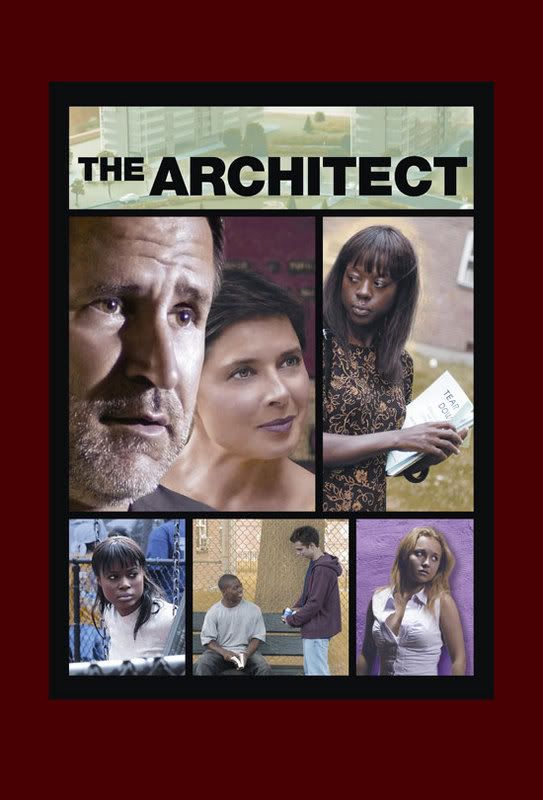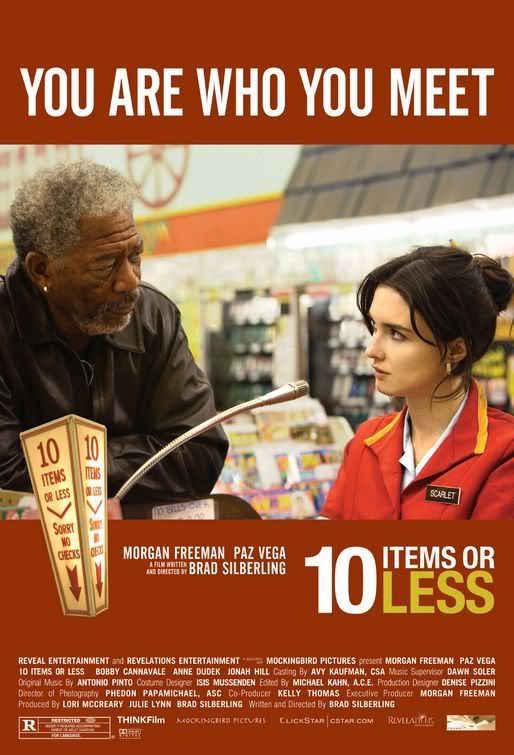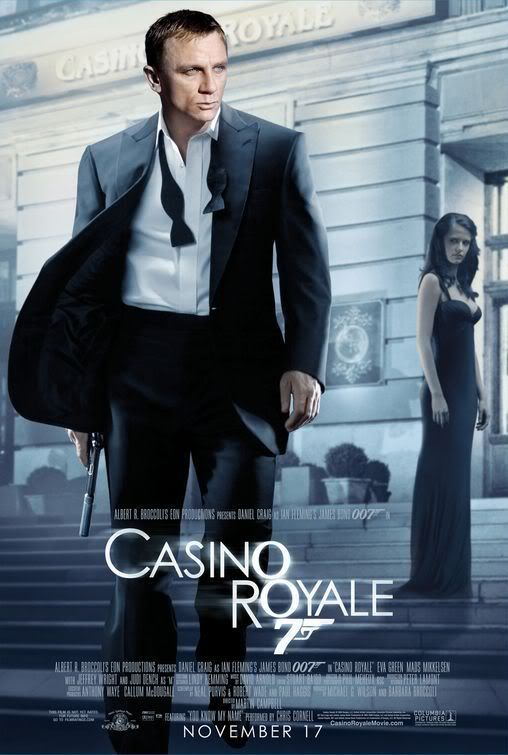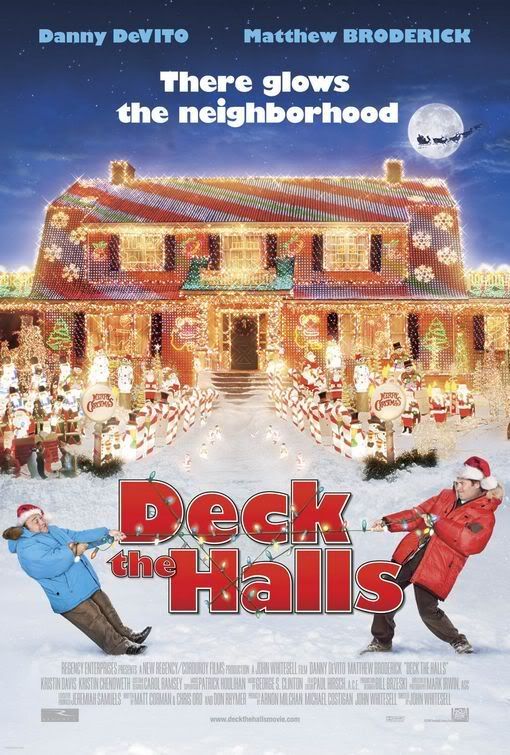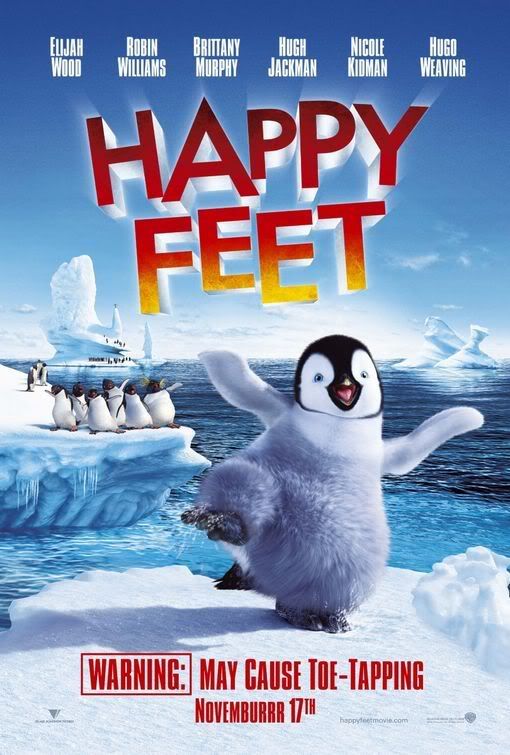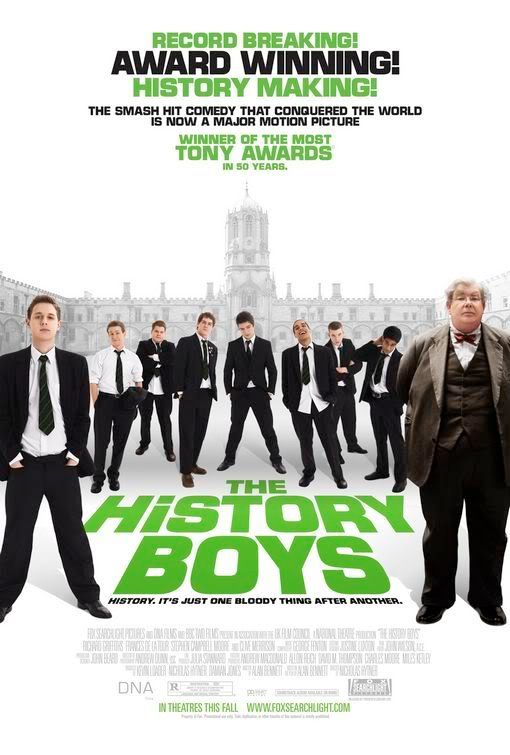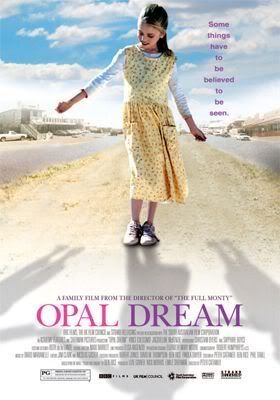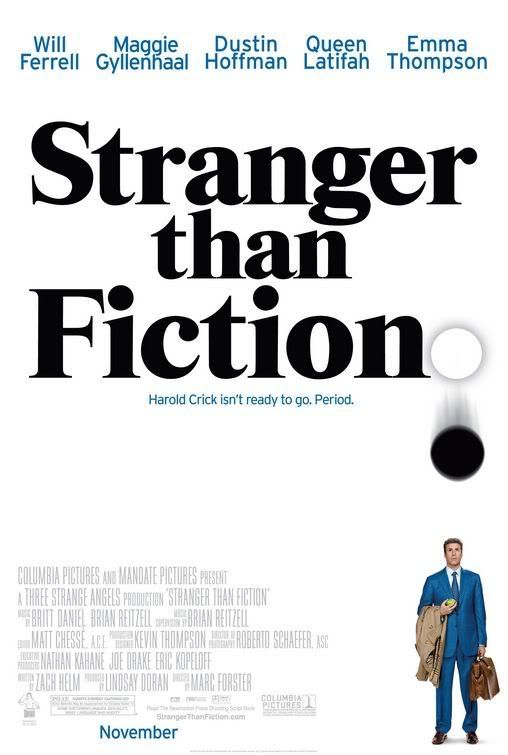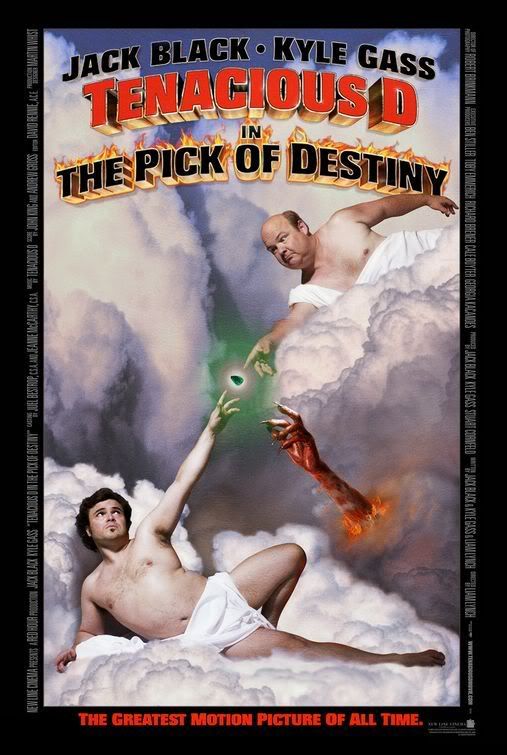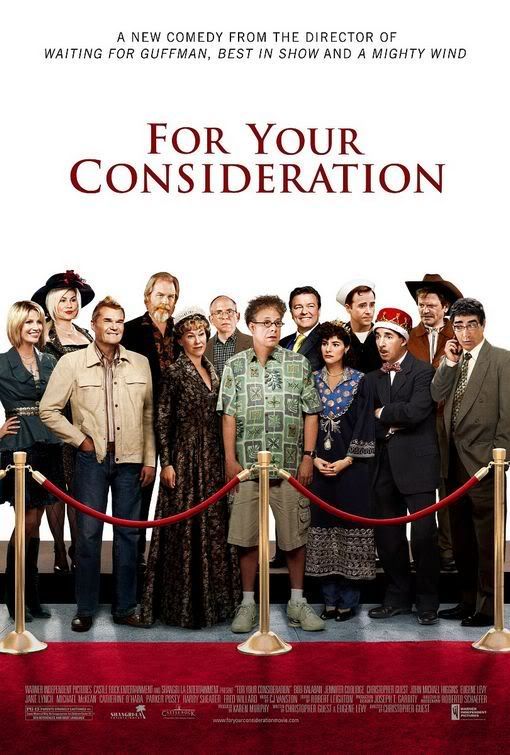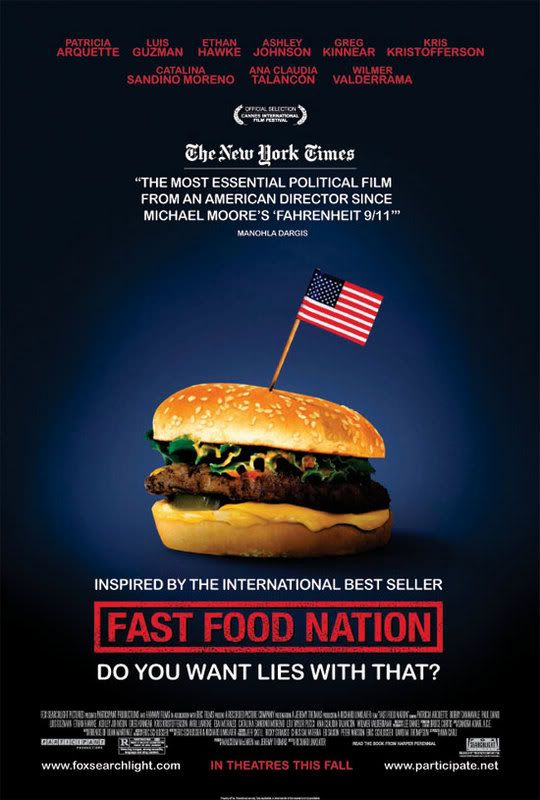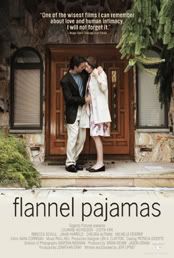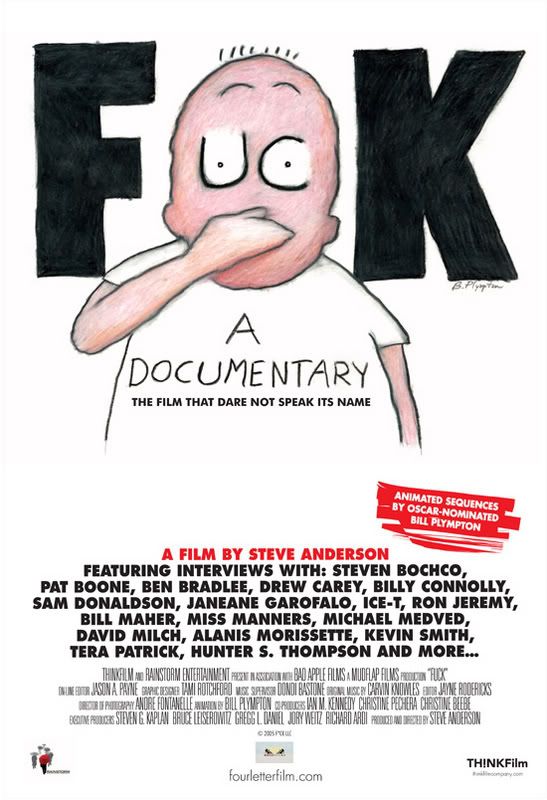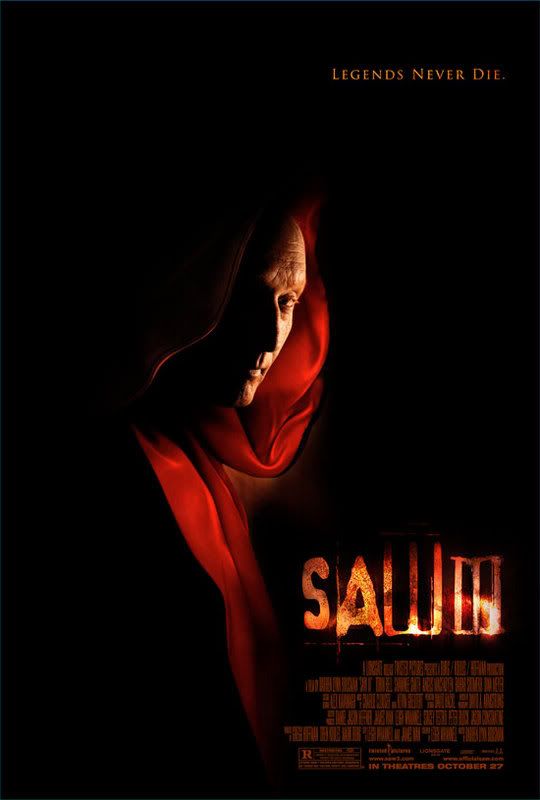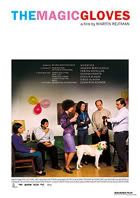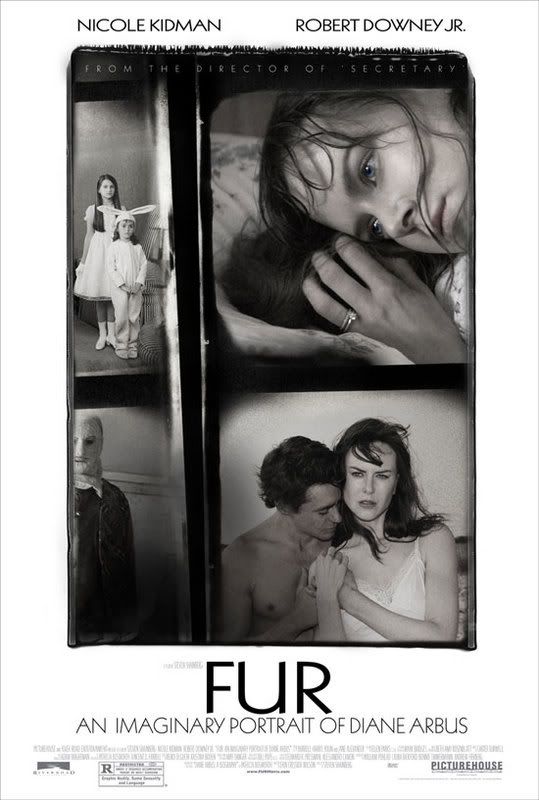Inland Empire
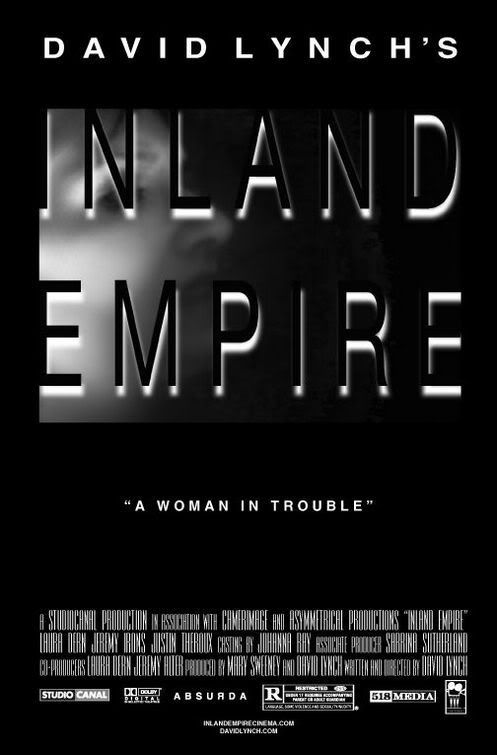 Inland Empire ***1/2
Inland Empire ***1/2A while back I made a comment saying that "Casino Royale" was the first James Bond film I ever saw. When I wrote that, I was debating if I should include in my review for "Inland Empire" that this was the first David Lynch film I ever saw. I could hear the masses now-And you call yourself a film fan? The truth is, I just never got around to watching a Lynch film, but I've always been curious. The way people talk about "Blue Velvet," "Eraserhead," and "Mullholland Drive" makes him seem to be some sort of a God. With "Inland Empire" out in the city now, it's obvious that I had to see it. While I couldn't love this film, it was quite a feat to behold, and an admirable work.
"Inland Empire" is no easy task to watch, either. It is just about three hours long, and two of those hours is a filmed nightmare. The first hour sets the stages for what you assume will be the story. Laura Dern plays Nikki, an actress who has just been given a part in a film by accalimed director Kingsley Stewart. While she is still up for the role, Nikki is visited by her new neighbor, an old woman who stares at her and begins to tell a tale of a boy that was chased by evil. "Evil was born, and followed the boy," she says, while Nikki just stares at her confused. Nikki begins filming the movie, and learns from her director that the film is a remake of an unfinished Polish film-where the two leads ded, thus putting a curse on the film. The film is about a couple that have an affair, which begins to parallel what is going on in Nikki's life. Her and her co-star, Devon begin an affair very much like the one in the film they are making, and from that point on her life becomes a living hell.
I can't exactly find the words to describe what happens next-Dern is led on a psychological journey around dark hallways, alleyways, slowly becoming more and more frightened at whatever is going on. After the first hour of this, I just started to stop trying to figure out exactly what was going on and to just enjoy the experience. At times there were scenes in Polish, which I am assuming was the story of the original Polish film makers whose film was destroyed years ago. There were a few scenes with Naomi Watts and Laura Harring voicing a few six foot tall rabbits in a living room, with a laughtrack in the background as if it were a sitcom. I still can't exactly figure out the meaning of the giant rabbits. Laura Dern is amazing in this role, and it appears that she worked very hard at capturing a difficult character-Nikki is confused and tormented most of the time by whatever is going on around her, and Dern plays it very convincing. I heard that Lynch wrote the scenes of this as he went along filming, so Dern and the rest of the cast never exactly knew what was happening either-they would just leave it in the hands of Lynch. I don't understand how she seemed to have mastered the role, and not have known what was going on-maybe she is just a terrific actress.
Lynch films this on digital cameras, and instead of a crisp clear picture we have to live with a grainy and ugly look. But it works here in a way, and Lynch is able to do a little more than he would normally be able to do with film-and with a film and structure like this it was probably worth it. I also heard that Lynch shot well into twelve hours or so of film, and in editing it it still came to such a long length. But the three hours flies back-this sucks you in and puts you into some kind of a trance. You're horrified and at the same time cannot look away. The flickering lights, the screams, the distorted visuals. One look away and you might miss something. This is more intense than any action film, and more creepy than any horror film, and yet you still don't really know what is going on. There are a few single images that still give me the creeps just thinking about it, and made me jump by being unexpected. You never exactly know what Lynch is going to do next. At times I do get the impression that Lynch is doing alot in this for himself and not for the viewer-at times it is a little much-but for the most part this is a remarkable work, and must be seen-especially for any hardcore Lynch fan-I have a feeling based on what I've heard of his past work that this is right up their alley. "Inland Empire" is truly an experience, and the first in my hopefully long relationship with David Lynch.
